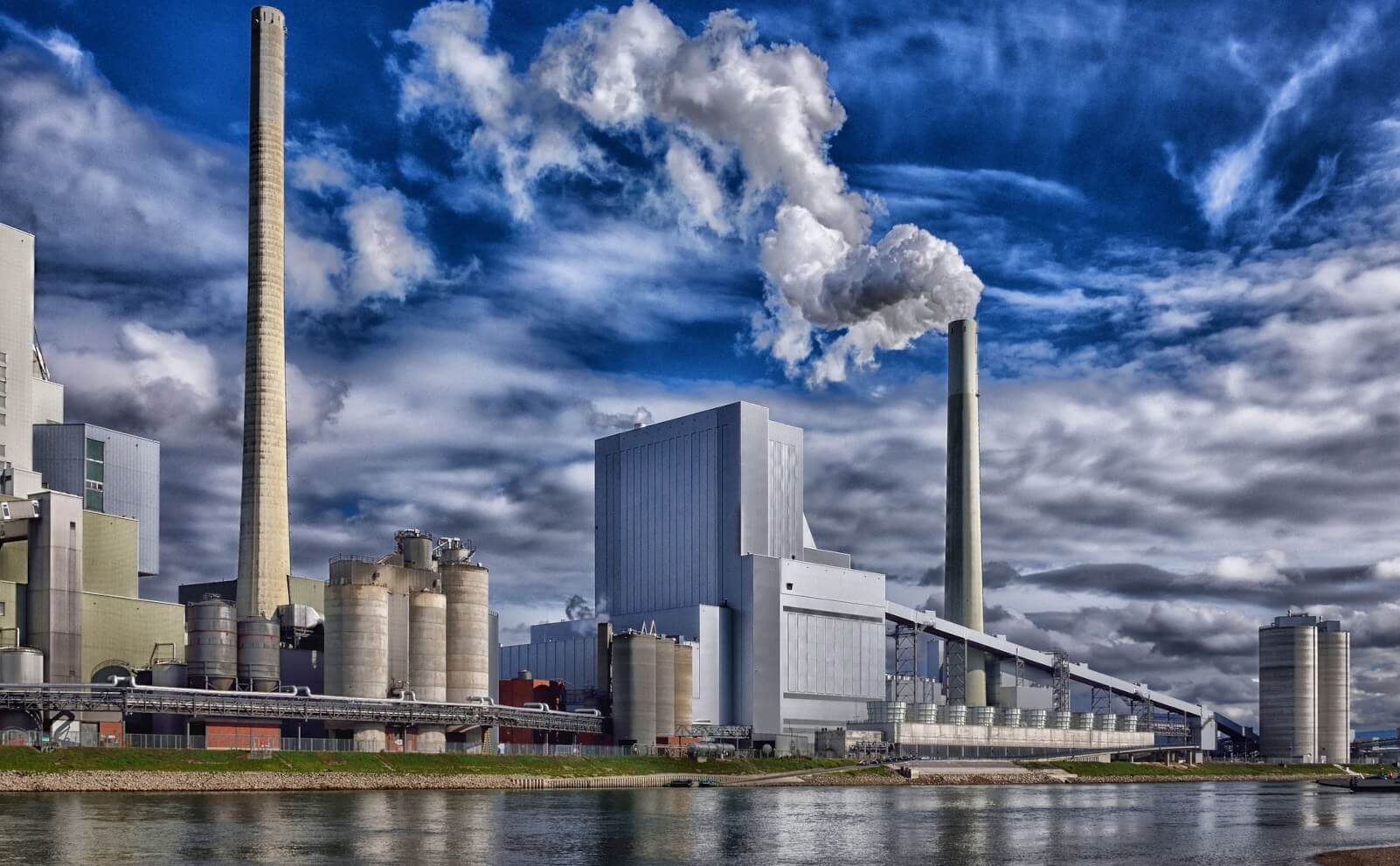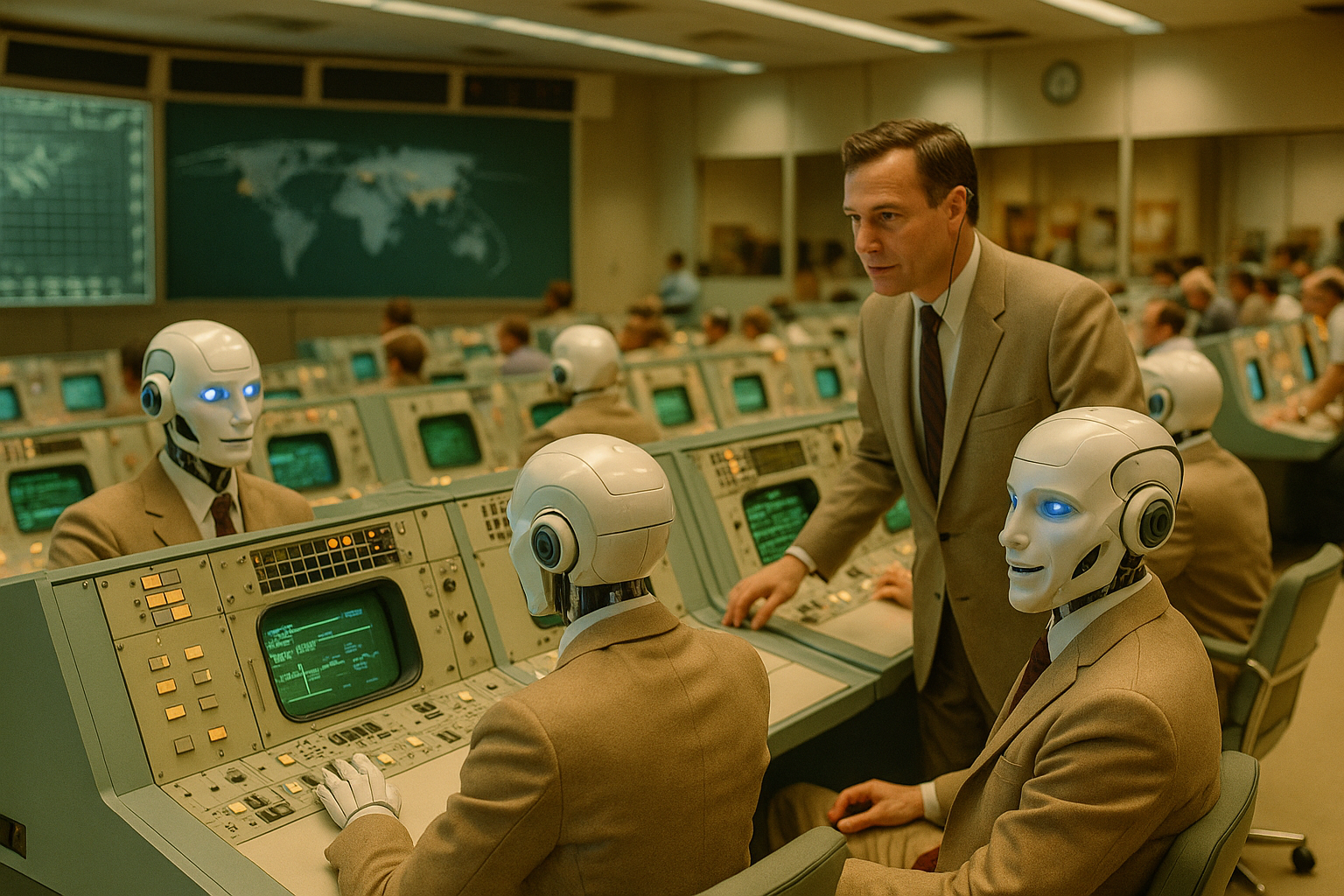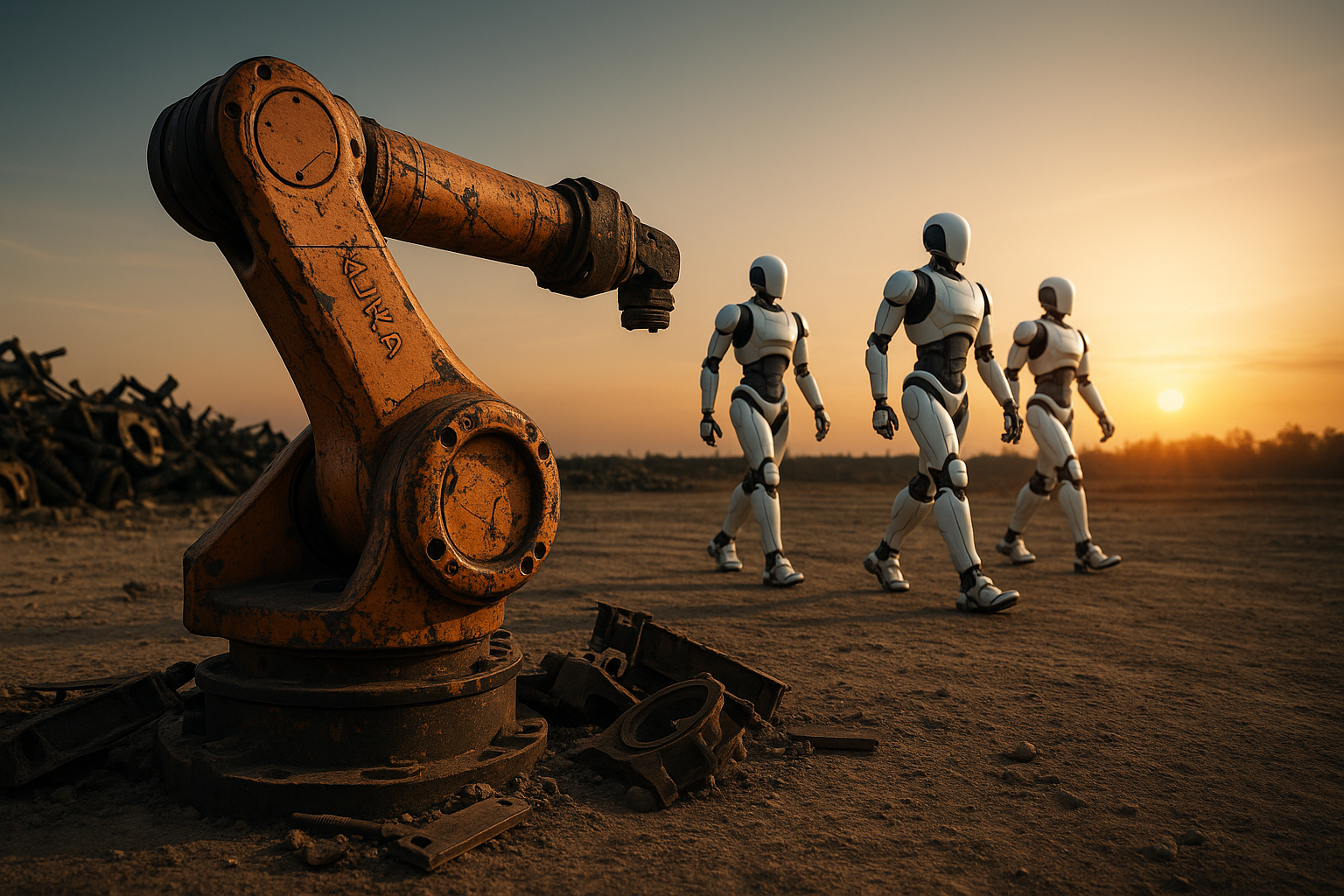We have not yet adapted the concept of technology in the media, dialog, and society to our times. We are currently seeing how particularly technology stocks are rapidly losing value. Technology is seen by many as the only way we can survive as humanity. Others warn against too much dependency and fear a trust in technology.
A look at history is interesting. In the past, technology was primarily the description of a human skill. Today, skilled trades still teach various techniques for how people carry out work. Technology is therefore the collective term for everything created by humans: buildings and bridges as well as machines, apparatus, and devices.
The term technology stands for the science and teaching of technology for the planning and manufacture of industrial products. In other words, the orderly process of developing and applying know-how and knowledge for use in industrial processes. Technology is the study of the use of technology. Over the last 150 years, this has shifted from craftsmanship to industrial production.
In industry, raw materials or intermediate products are commercially processed into material goods.
So what is digital technology and digital industry?
As an analogy, the answer seems simple: In the digital industry, digital technologies are processed into digital goods. Microsoft, SAP, and Google are digital industrial companies. We are thinking primarily of software, not physical products and services. However, non-digital technology also requires tangible goods (hardware) such as networks, computers ,and storage. Are these also part of the digital industry?
You could say that digital technologies and digital industries are defined by the fact that software is the core and value driver. This means that companies such as IBM, Apple, and Amazon (the retail part) are also clearly part of the digital industry. So far, so good.
What about Tesla, VW, and BASF?
Many people also refer to a Tesla as a driving iPad. The core is software. On the stock market, this is reflected in the share price, even after the share price plunge in recent weeks. Tesla is not valued like an automotive company, but like a software company, even at the beginning of June 2022 with a P/E ratio (price/earnings ratio) of 30 (a few weeks ago it was still over 40).
VW also knows that the future is all about software. That is why VW is investing billions in its software subsidiary CARIAD, while remaining a car manufacturer with a P/E ratio of 7. However, the actual value creation in logistics, supply chain, and production has long been 100% software-controlled. VW wants to become a technology group for investors in order to maintain the correspondingly high valuation. But according to the definition, the main value-creating processes at VW are already digital – so we would at least have to put them in the “digital” industrial division.
One could argue that manufacturers of physical products cannot be part of the digital industry. But Tesla, Apple, and Cisco would be clear counterexamples.
What about non-physical products? Deutsche Bank’s main value-adding processes are also digital. Nevertheless, neobanks are (currently still) rated better than traditional banks.
The term “technology company” becomes more incomprehensible in the case of examples such as BASF. Classified as a boring chemical company, it has clearly developed into a technology company over the last 20 years, whether special materials for battery cells or highly complex surface coatings. Technology is the process of accumulating knowledge and implementing it in production. So why don’t we classify BASF as a technology company?
Valuation is one thing, but it is important to note that it is becoming increasingly difficult to distinguish on a formal level whether a company is a technology company or not, or even a digital technology company.
Multiples in the crisis
In recent years, we have believed that many technology companies can grow virtually indefinitely. Doubling in value and/or revenue per year, projected over many years, was expected. Now we are being reminded that such high growth only works for a certain period of time.
Suddenly we also realize that hardware and machinery, which are logically necessary for any form of industrial enterprise, have to be purchased, financed, and depreciated. The FED and ECB are now painfully reminding us of this with interest rate hikes.
What we have seen over the last three months has merely been an adjustment to reality. Many of the companies that have been hit have very solid business models. But our boundless confidence has been shattered.
In the boom times of the last few years, investors have increasingly turned technology companies into growth companies. Growth expectations were higher than what was and is realistically feasible.
The desire was fueled by the gig economy of the large Silicon Valley platform companies, which seemed to grow almost limitlessly for more than a decade, especially in the B2C market.
These times have now come to an end, because even Metaverse, Snapchat, and Amazon cannot grow to the sky and are dependent on earthly limitations such as laws and the number of people with cell phones on our planet.
Deep tech trends
One group of companies is still hoping to outsmart these limitations of the physical world in the coming years: the deep tech companies. These are technology companies that are still close to research and are involved in extremely high-growth basic technologies. These include topics such as nuclear fusion or completely new markets such as robotics.
The following markets are already relatively clearly recognizable and are currently attracting investors and founders on a massive scale:
- Robotics includes not only the hardware, but above all the software that enables the quick and easy implementation of specific use cases.
- AI/KI has been a hyped topic for years. As many different use cases for the new technology need to be identified, it is questionable whether large platform companies can emerge here again, or whether it will simply be a rapidly growing market without the formation of oligopolies.
- Synthetic biology is the application of data-based approaches to biological systems just as current AI is the adaptation of data-based models to the physical world, synthetic biology. These can be viruses, plants, and animals, but will certainly also be human applications relatively quickly. The emergence of mega-companies similar to the gig economy will certainly be greatest in this area in the coming years.
The question remains: Do we humans need technology?
Not the answer to the question, but nevertheless a fact is that with the usual meaning of the terms today, almost all companies will become technology companies or actually already are. Every company needs digital technology, craftsmen and service providers as well as industrial companies. And since digital technology will ultimately at least partially automate every form of human activity, both physical and mental, almost every process will also become industrial in the sense that is still common today.
In the future, almost every form of human activity will require software or even be software-based: Software will become the elementary building block and driver of physical infrastructure and objects.
Will there be exponential or massive growth in all these areas of application? Certainly not. The days of the digital gig economy are over for now. Massive growth can only occur in revolutionary new basic technologies such as nuclear fusion, photonics, or synthetic biology.
But conversely, it is also clear that as long as we grow as a human race (i.e. until around 2100 according to current knowledge) and the earth has to support so many people, we will need more and more technology. This is the great misunderstanding of the opponents of growth. It is not capitalism that is forcing us to grow. We need technology to manage and enable the biological growth of us humans on this planet with finite resources. The biological growth of humanity gives rise to the need for ever new technology.
What will actually happen to our economic system with a shrinking human population and thus shrinking markets is something we ultimately do not yet know. Because this is something new for us civilized people. Our children will find out at the latest.
Impact entrepreneurship and impact investing need technology
Until then, the direction is clear. In order to make the world a little better every day with all the facets of the 17 UN Sustainable Development Goals (SDGs), we need functioning economic systems and new technologies. In other words, active engagement in making industrial production better in line with the 17 SDGs. This is precisely the concept of impact entrepreneurship – i.e. impact entrepreneurship and impact investing.
Because, as long as we, as intelligent beings, cannot find a way to manage our biological growth in an ethically acceptable way, we will need technology! We will then have to learn how economies will really work from around 2100 onwards in permanently shrinking global markets. The right sustainable goals, a little humility, and technology will hopefully get us there.



